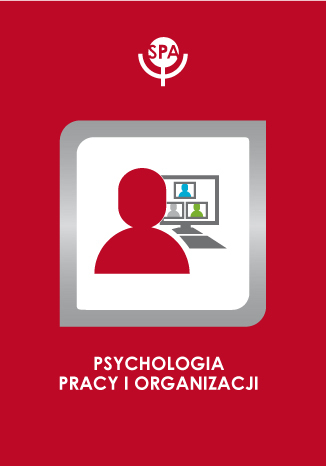Przeżyć pomiędzy młotem a kowadłem. Osobowościowe i psychospołeczne predykatory konfliktu praca-dom i dom-praca w grupie zawodowej pielęgniarek

Katarzyna Popiołek, Ewa Wojtyna
DOI:
Rocznik: 2011 Tom: 17 Numer: 1
Strony: 97-106
Fulfilling roles in work and family is not easy as one must be available at work and at the same time one must face multiple dangers for fragile family bounds. In our culture it is especially difficult for women who are still confronting the traditional model of “the Polish Mother”. The aim of this research was to verify the relation between personal features, support and intensification of conflict work-family and family-work among nurses. The research was transversal and concerned 96 women aged 24 to 52, in stable relations, working as nurses. The following tools were used: the Questionnaire of Work-Family and Family Work Conflict by Carlson; the Inventory NEO-EFI; the Psychosocial Working Conditions by Cieślak and Widerszal-Bazyl and the Scale of Perceived Social Support by Popiołek and Pilch. The variables introduced into the model explained 58% of variances of the WFC (Work Family Conflict) and 50% of variances of the FWC (Family Work Conflict). The higher level of both conflicts correlated with higher level of neuroticism and lower openness to new experience. Moreover a higher FWC was connected with a lower level of amicability. It turned out that the essential predictor of coping with fulfilling both roles at work and in the family was the informational support from relatives. It would therefore be purposeful to subject nurses to a program which would include actions aimed at noticing and using available support; psychoeducation related to the strategies of dealing with negative emotions and bringing out adequate, undistorted evaluation of dangers connected with performing both roles at -work and in the family.









 Pobierz pełny tekst
Pobierz pełny tekst



